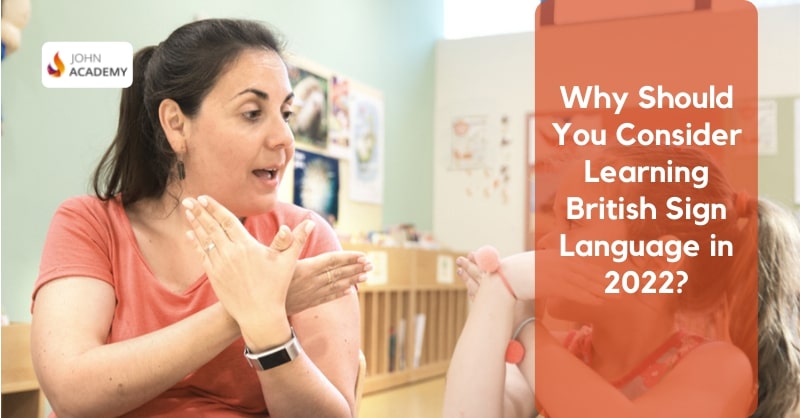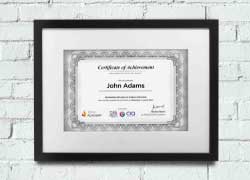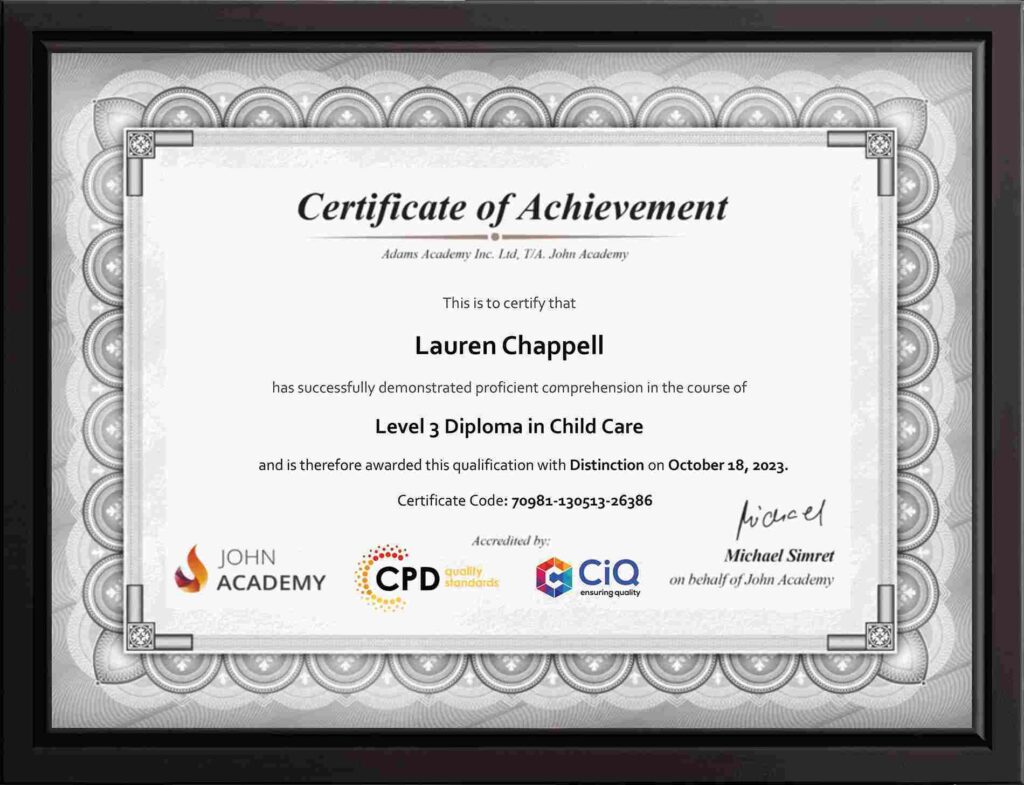

Have you ever thought about British Sign language?
Here I am to answer every one of your questions.
Just think about it differently, you know how to use sign language, and you can interact with your deaf friends, or you are using this sign language for passing such information that your friend should know but not the others. How is it? Don’t you think that this is an exciting way of communication?
“Sign language is the equal of speech, lending itself equally to the rigorous and the poetic, to philosophical analysis or to making love”– Oliver Sacks
Well, let’s talk about something more, I think it would help you more to be a passionate language learner. Just search on google– sign language for “I love you” or sign language for “Thank you” and many more, maybe it’s somewhat funny, but I am not joking, whatever, my point is, a considerable number of people are searching on google for the sign language approaches so that they can use this language for a unique representation of communication in their daily life. 
Stand out from the crowd and make more space for you as well as for your deaf friend. I love to tell you that learning a language is always rewarding, you can use it for your personal needs, and by helping your deaf friends, you will have mental satisfaction which is very important in this sophisticated era.
In the next part of this article, I will give you some statistics and the job industry overview so that you can understand why is this so worthy of learning.
Let’s have a look at British Sign Language and its pros and cons.
Table of Contents
What is Sign Language?
You probably know what sign language is, but here I am adding this section just to inform you more and make it understandable. You don’t like theory, right?
But don’t get confused, here I try to simplify the theoretical definition of sign language. Let’s have a look.

Basically, Sign Language is a visual or non-verbal way of communication by using gestures, facial expression, and body language. This Language is employed mainly by people who are Deaf or have hearing impairments.
Sign language is expressed by manual articulations in sequence with non-manual details. It is a universal language with its own grammar and lexis. There are different types of sign languages, and the thing is sign languages don’t seem to be universal, and these are often not mutually understandable with one another, although there are remarkable connections between sign languages.
Another thing is, the language scholars are considering both spoken and signed communication to be the models of natural language, meaning that both developed by a theoretical, protracted ageing method and emerged over time without precise planning. Sign language should not be mixed with body language, it’s a type of non-verbal communication.

I guess you got some idea about sign language, now come to the point about British Sign language.
Understanding British Sign Language (BSL)
Let’s talk about our target language, within the U.K., the most popular form of Sign Language is called British Sign Language (BSL). In 2003, this sign language was recognised as an official minority language after a big campaign in the U.K. It has led to enhanced funding for the needs of the communication of other people who are deaf, and this raised awareness of the Language which now has the same status as that of other minority national languages.
This is an independent language, and it has its own grammatical structure and lexis. As a language, it is not dependent even it is not related to spoken English, means it is totally a different one.

It requires the use of hand movements, gestures, body language and facial expressions to communicate with others. It’s predominantly utilized by people who are either deaf or have a disablement. Consistent with the statistics, over 120,000 deaf adults and about 20,000 children within the U.K. use BSL to speak with other people. The sign language, however, is additionally used by their families and relatives also as language interpreters. They allow the deaf to communicate with the hearing people that aren’t accustomed to BSL.
Reasons why you should learn BSL
Learning BSL is not only for the deaf people, as I mentioned earlier, learning a Language is always rewarding, and most importantly, Language is multi-dimensional. You can use it for many purposes; here, I give you some key points that would help you to understand the potent of the target language;
1. Meeting new friends and people is always amazing; by using this Language, you can easily interact with people.
2. Understanding a different language is fabulous! Just like being bilingual in any two languages, becoming fluent in BSL also counts as being bilingual.
3. Have a secret conversation with your mate, isn’t it exciting?
4. Stand out for the deaf people and make them feel that you can understand them.
5. Enhance your cognitive functioning.
6. Enrol to the next level of your career.
According to Languageline, there are almost 11 million people in the UK with some form of hearing loss; Action on Hearing Loss estimates that the figure will be over 15 million by 2035 – that’s one person in five.
Career path and further study in BSL
The first thing first is you should determine your career, no one but only you are responsible for your future. You don’t want to waste your time by doing something you really don’t mean to do. These days more and more people are enrolling to learn British Sign Language and the job industry is multiplying. There is a huge chance to improve yourself by enrolling in the following list of universities or by the British Sign Language comprehensive course.
- The University of Central Lancashire – Postgraduate Diploma in BSL/English Interpreting.
- Leeds University MA in Interpreting: BSL/English
- Leeds University Postgraduate Diploma in Interpreting: BSL/English
- Signature NVQ Level 6 NVQ Diploma in Sign Language Interpreting and an approved BSL assessment.
- You can do programmes leading to registration as a JTI or TI at the following universities:
- University of Bristol
- University of Wolverhampton
- University of Durham
- University of Central Lancashire
- University of Leeds
- Belfast Institute of Further and Higher Education
- City Lit (validated by Middlesex University)
In addition to conventional careers like interpreting, new career opportunities open up as technology develops. Fluency in BSL is also needed for specialized jobs in education, health, therapy, and recreational services.

Educational and training requirements
If you are looking for betterment in this sector, You need a bachelor’s degree. It is typically needed to become an interpreter or translator along with proficiency in at least two languages, one of which is usually English.
Interpreters usually do not need any formal training, as they are supposed to be able to interpret before they are approved. However, those working in the community are more expected to complete job-specific training programs or certificates. Fluency in BSL is also needed for specialised jobs in education, health, therapy, and recreational services.
British Sign Language: Job Overview
Here I breakdown some title job for you just to show you that this sector is growing so fast if you want to enrich your career in this sector, you will have a good number of opportunities, take a look and see how vibrant this field is:
- Community interpreters
- Conference interpreters
- Coordinating interpreters
- Educational interpreters
- Federal court interpreters
- Foreign language interpreters and translators
- Health or medical interpreters and translators
- Healthcare interpreters and translators
- Judiciary interpreters and translators
- Legal or judicial interpreters and translators
- Liaison interpreters
- Liaison or escort interpreters
- Literary translators
- Localisation translators
- Medical interpreters and translators
- Mental health interpreters
- Simultaneous interpreters
- State court interpreters
- Trilingual interpreters
How can you step your foot in the door?
What You need is to believe in yourself, just be passionate toward your dream. An interpreter tends to be an artistic individual so that he can play different roles. The Employers are much more interested in your skills, personal qualities and experience in this sector. Get the jump on the competition passionately. You just need to recall the point that Steve Jobs once said;
“The only way to do great work is to love what you do”
So what do you think about it now?

I believe this the sector for you, this is what you love to do. I can help you out by suggesting you a proper comprehensive course. So what are you waiting for?
Tomorrow is another day, make it today, enrol now!












